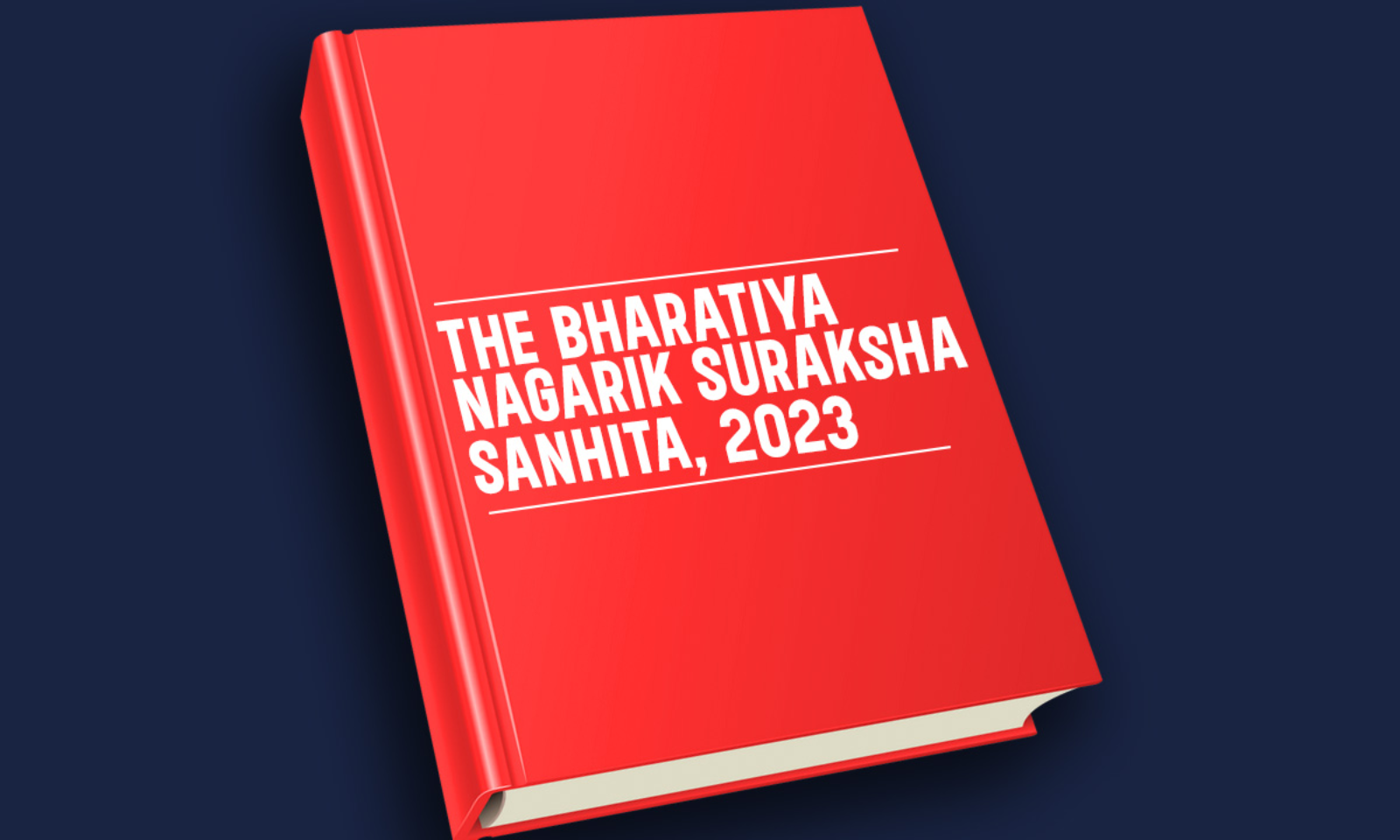
Bharatiya Nagarik Suraksha Sanhita, 2023 (BNSS)
The Bill falls short of the views expressed by the Supreme Court in Satender Kumar Antil vs. CBI,, that a Bail Act should be enacted to streamline the cases of bail.
In the event of a refusal by police to register an FIR, BNSS provides a lengthy procedure to approach a Magistrate. Under Clause 173 (4) read with Clause 175 (3) of BNSS, a complainant shall have to approach the Superintendent of Police, if no action is taken under Clause 173 (1). Only if the Superintendent of Police fails to initiate investigation, an application can be preferred before a Magistrate. Even though in Priyanka Srivastava v. State of Uttar Pradesh, (2015) 6 SCC 287, it was held that an application under Section 156 (3) of Cr.P.C. should be filed after recourse has been taken to sub-section (1) and (3) of Section 154 of Cr.P.C., as such Section 156 (3) does not require compliance with any prior procedural requirements before moving such an application.
Further, before a Magistrate can pass an order under Clause 175 of BNSS, he will have to consider the submission of police officer. On the contrary, Section 156 (3) of the Cr.P.C. allows Magistrate to order an investigation upon finding that the allegations made by the complainant disclose commission of a cognizable offence. There is no mandatory requirement to call for a police report.
In so far as anticipatory bail is concerned, Proviso to Section 438(1), Sections 438(1A) and 438(1B) of CrPC have been removed in Clause 484 of BNSS.
The Legislature would have taken this opportunity to Codify a law on Bail, which deals with Police Bail, Right to Bail, Right to be heard of Victims in grave and henious crimes, Electronic Monitoring as an alternate to Custody, Conditions of Bail, Reconsideration of Bail, Breach of Conditions of Bail, Appeal against Bail, Failure to surrender etc.

